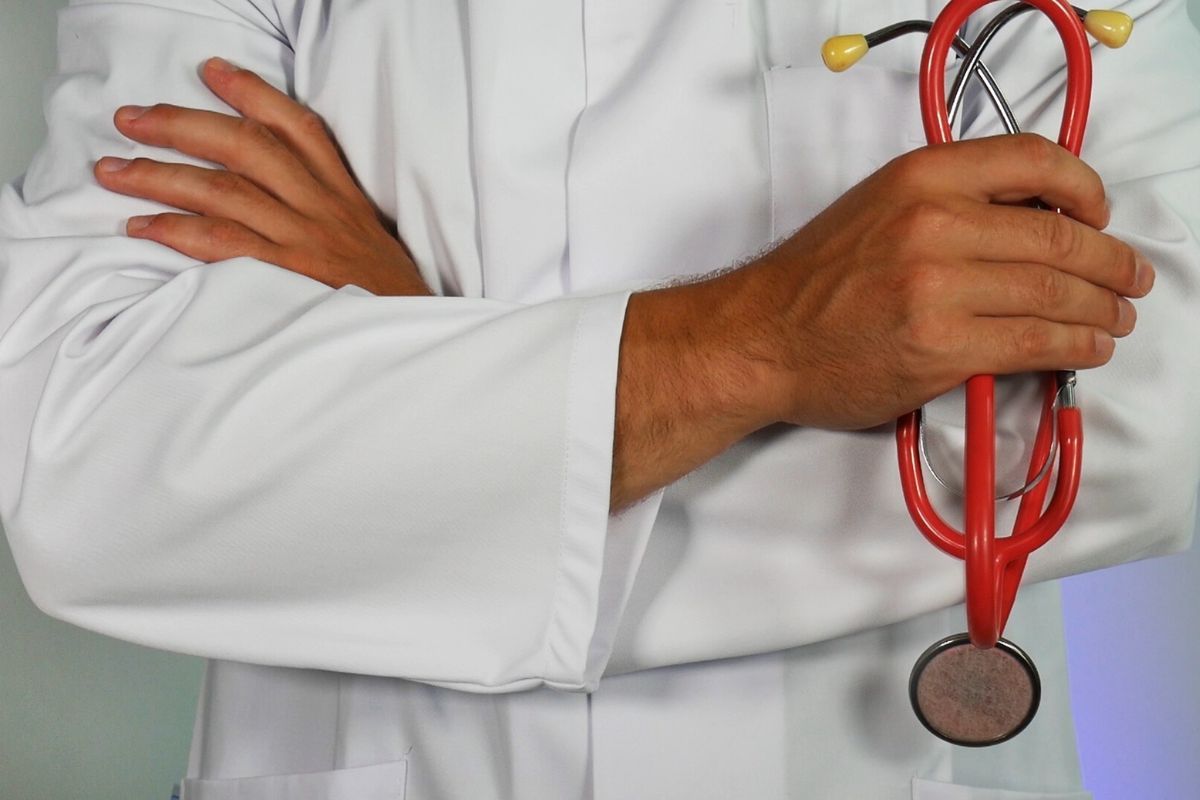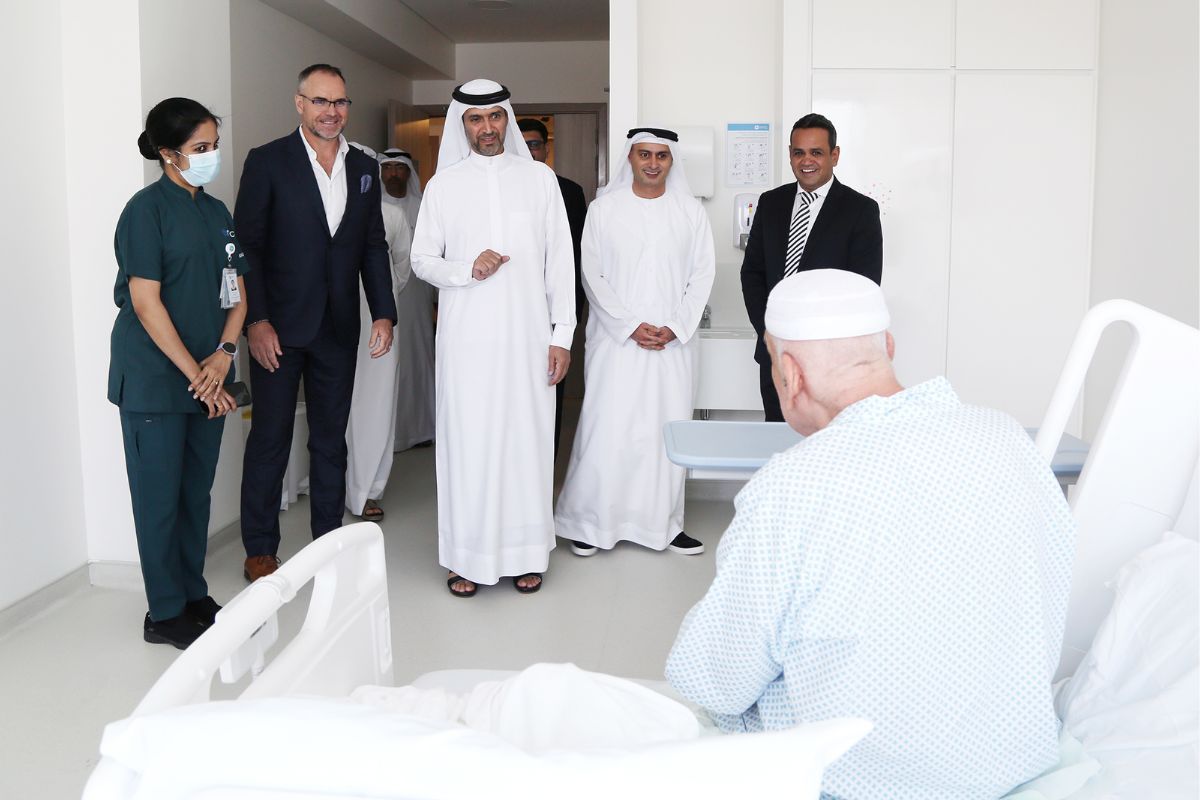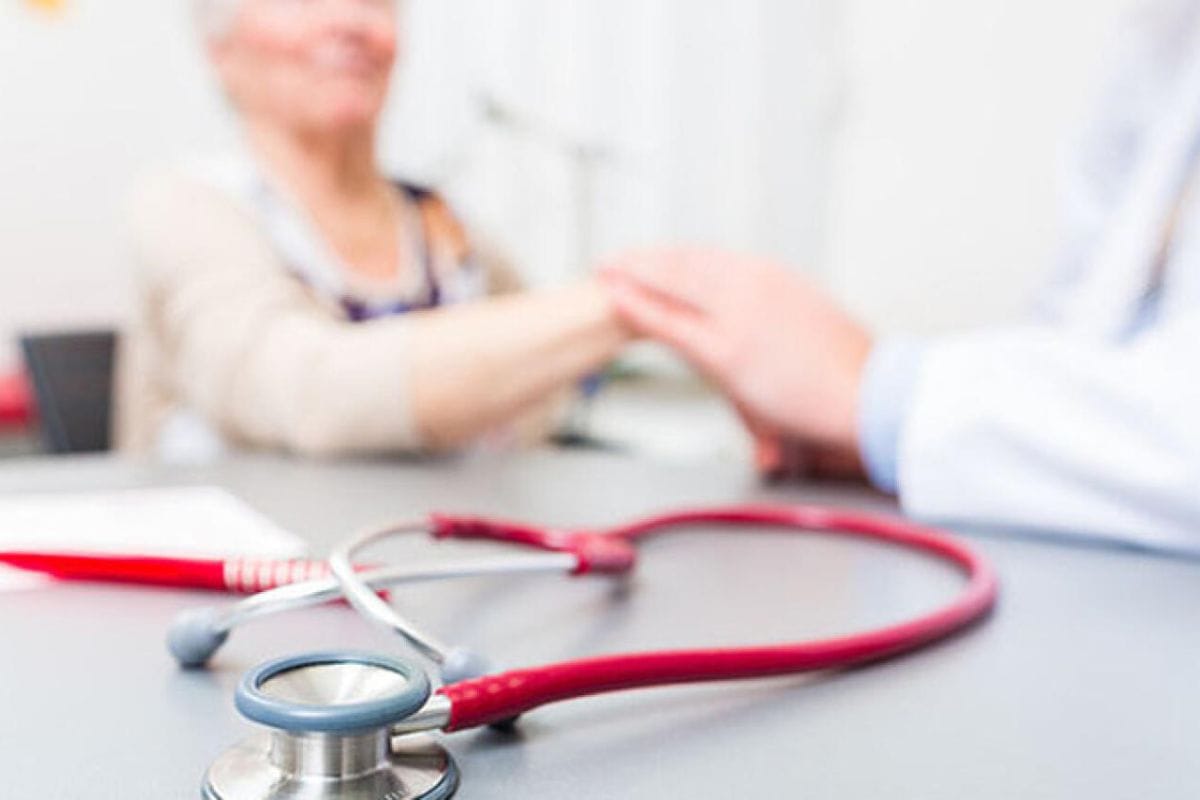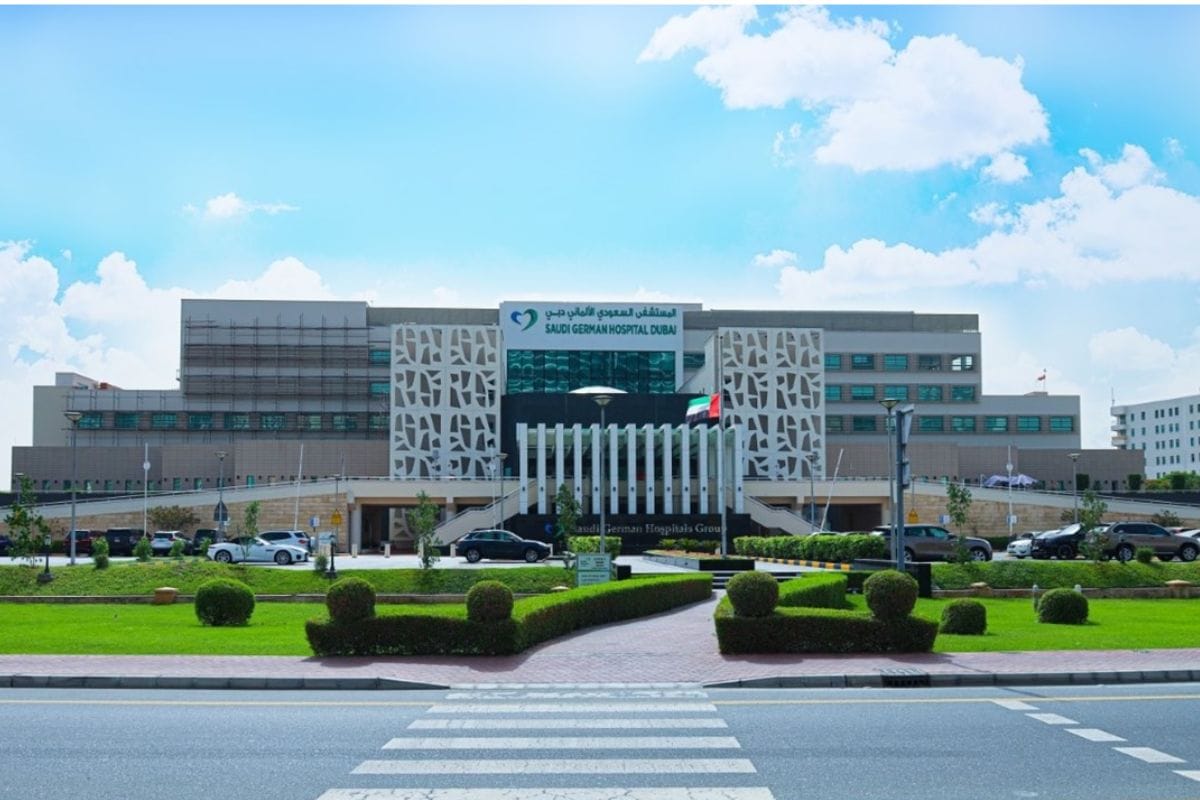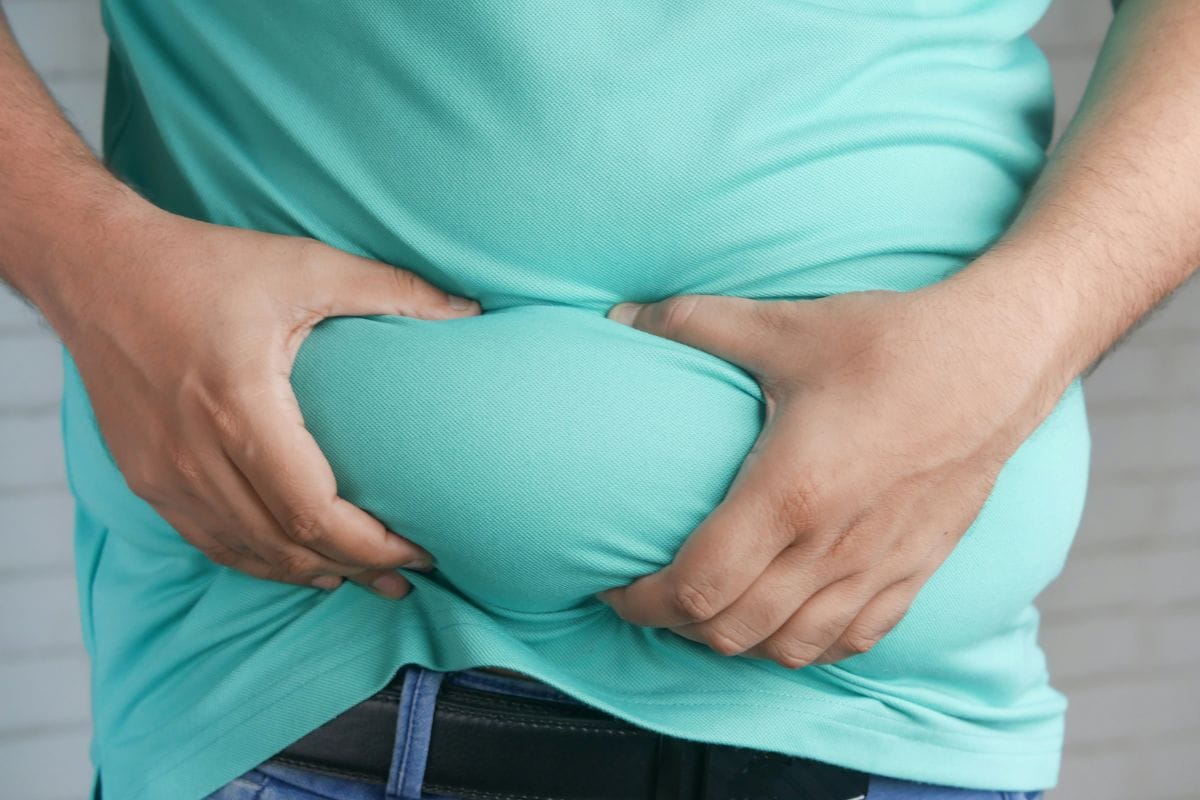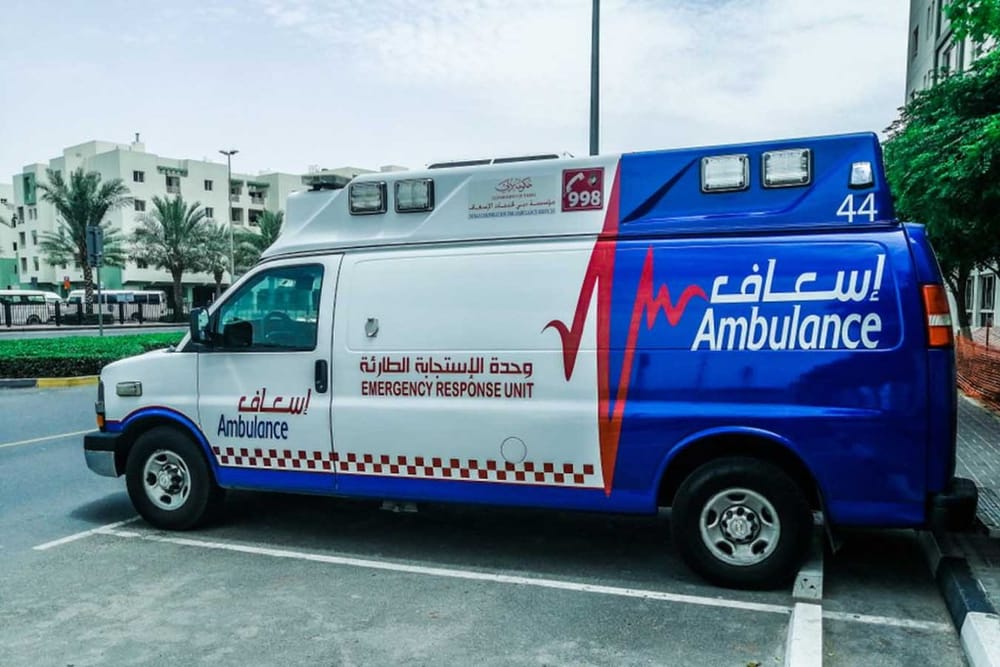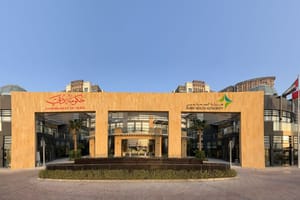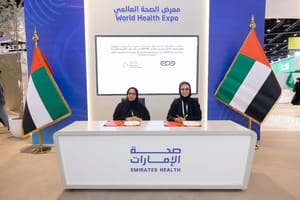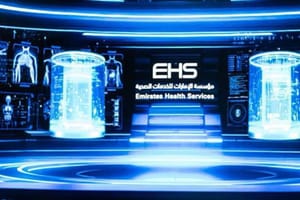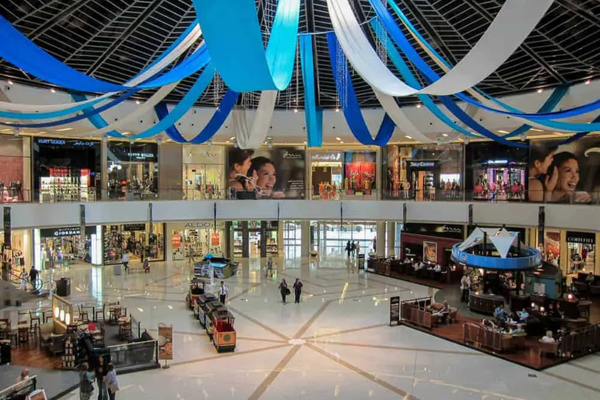The Dubai Corporation of Ambulance Services (DCAS) regulates the city’s ambulance service, providing rapid medical response to the community. As of 2021, the service boasts over 175 ambulances, including several high-performance vehicles such as five modified Mustang sports cars, introduced in 2017. These high-speed ambulances allow paramedics to reach emergencies faster than conventional ambulances.
The fleet also includes other fast vehicles like the C7 Corvette Grand Sport, Nissan GT-R, and Range Rovers, each equipped with state-of-the-art medical facilities. Every ambulance is outfitted with essential life-saving equipment, such as first aid kits, blood sugar monitoring devices, artificial respirators, defibrillators, and cardiac resuscitation devices. These tools enable paramedics to provide critical care at the scene of the emergency and enroute to the hospital.
Understanding Dubai Ambulance Colors
One unique aspect of the Dubai ambulance fleet is its color-coded system, which communicates the urgency of the situation to other road users. The standard color for general service ambulances is blue, but special colors are used for different needs:
- Red: Indicates that the patient onboard is in a critical condition and requires immediate medical attention.
- Pink: Used for transporting pregnant women and children who need urgent care.
- Dark Green: Designated for heavyweight individuals weighing more than 400 kg.
- Light Green: Assigned to individuals with special needs.
This color-coding system not only facilitates faster transportation by alerting other drivers to give way but also helps hospital staff prepare for the arrival of the ambulance.
How to Contact Dubai Ambulance Service
In an emergency, residents and visitors in Dubai should dial 998 for an ambulance. For situations requiring both police and ambulance services, the number to call is 999. Communication centers are staffed with English-speaking dispatchers, which ensures that language barriers do not delay emergency responses.
When calling for an ambulance, you should be ready to provide:
- Your full name and location of the emergency.
- Your contact details.
- The nature of the medical emergency (e.g., accident, fall, medical symptoms, burn).
Charges for Dubai Ambulance Service
While Dubai mandates health insurance for all residents, which generally covers ambulance services, it is essential to know the costs associated with these services:
- Basic service: AED 600
- Basic service with transfer to nearest hospital: AED 800
- Level one ambulatory service: AED 1000
- Level two ambulatory service: AED 1200
For those without health insurance, the Dubai government covers the cost of ambulance services, ensuring that everyone has access to emergency medical care regardless of their financial situation.
When to Call for an Ambulance
Understanding when to call an ambulance can save lives. It is crucial to request an ambulance immediately in the following situations:
- Life-threatening conditions.
- Conditions that could deteriorate rapidly.
- The need for specialized medical skills that paramedics provide.
- Situations where traffic conditions and distance to the hospital would delay reaching urgent care.
Be on the lookout for signs of severe medical emergencies, such as:
- Constant or severe vomiting.
- Fainting or prolonged dizziness.
- Severe chest or upper abdominal pain.
- Uncontrolled bleeding.
- Difficulty breathing.
Promptly calling for an ambulance in these situations can be the difference between life and death.
Dubai’s ambulance service is a critical component of the city’s emergency response system. With a fleet of advanced vehicles and highly trained medical personnel, DCAS ensures rapid and efficient care for all emergencies. Knowing how to effectively use this service can help residents and visitors alike feel safer and more secure in Dubai.
Navigating Emergency Vehicle Encounters in the UAE
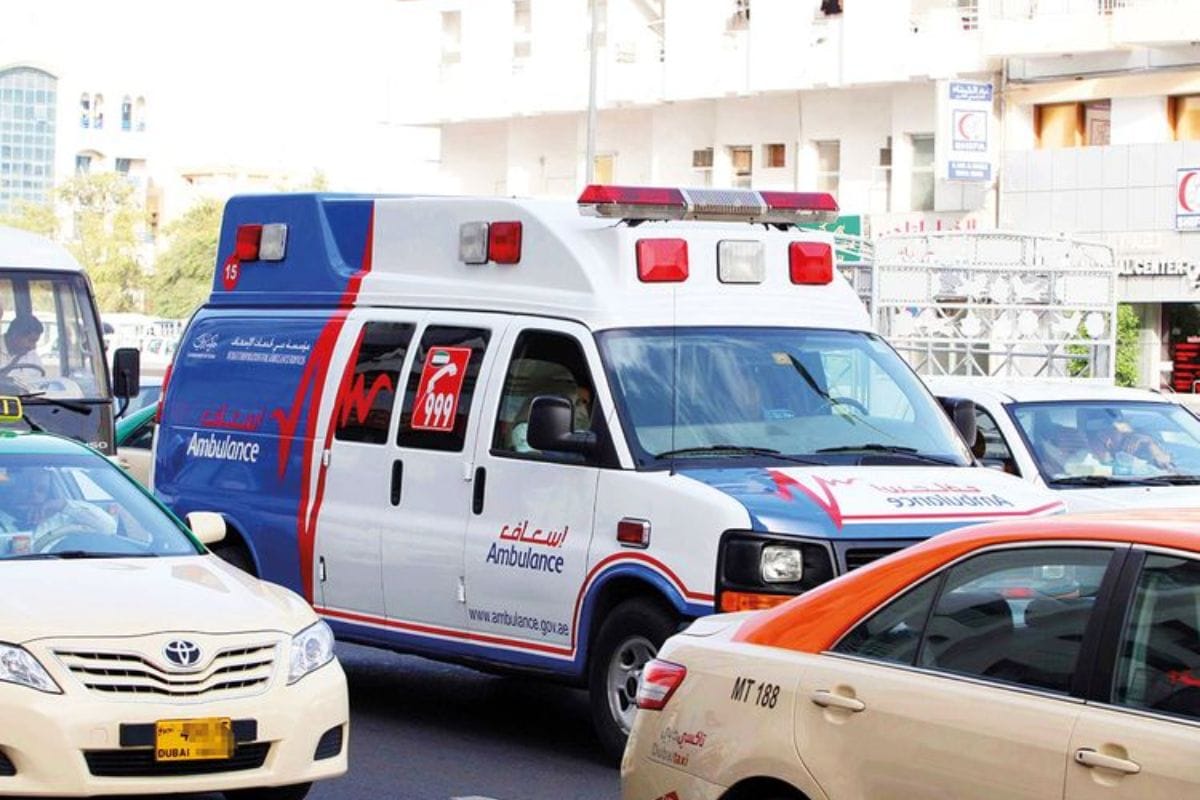
Emergency vehicles are vital for rapid response in crises, equipped to navigate quickly to incident sites. In the UAE, obstructing these vehicles is not only hazardous but also incurs significant penalties, including fines and vehicle impoundment. This guide explains how to properly yield to emergency vehicles and the associated legal implications in the UAE.
Overview of Emergency Vehicles in the UAE
Emergency vehicles in the UAE are easily identifiable by their red or blue flashlights and sirens. This category encompasses a variety of vehicles:
- Ambulances
- Fire engines and fire cars
- Police and traffic police vehicles
- Rescue vehicles
- Tow trucks
- Specialty vehicles like emergency motorcycles, bicycles, choppers, and airplanes
Guidelines for Yielding to Emergency Vehicles
When an emergency vehicle approaches:
- Lower the volume of any sounds in your car to hear incoming sirens clearly.
- Stay calm, avoid distractions, and follow UAE hard shoulder driving rules.
- Avoid sudden braking and blocking roads or junctions.
- At intersections, even with a green light, allow emergency vehicles to pass first.
- Wait for any additional emergency vehicles before proceeding.
- Ensure clear signals before merging back into traffic.
If you are approaching a stationary emergency vehicle:
- Slow down and pass cautiously, prepared to stop if necessary.
- Maintain a clear path for any additional emergency vehicles arriving.
- Follow any directions from traffic controllers on-site.
- Avoid unnecessary distractions like rubbernecking.
Penalties for Non-compliance
The UAE has stringent penalties for not yielding to emergency vehicles:
- Blocking an emergency vehicle can lead to a fine of AED 3,000, 6 black points, and a month-long vehicle impoundment.
- During rain, penalties include a AED 1,000 fine, 4 black points, and a 60-day vehicle confiscation.
- Driving in designated emergency lanes incurs a AED 400 fine.
FAQs
Is it illegal to not stop for an ambulance in the UAE?
Yes, failing to stop for an ambulance is illegal and can result in a fine of AED 3,000, 6 black points, and vehicle impoundment for a month.
What should drivers do when an ambulance is approaching?
Drivers should clear the way for the ambulance, drive cautiously, and ensure not to block roads or intersections.
Is there a designated emergency lane for ambulances in the UAE?
Yes, certain roads have a designated right-hand lane reserved for emergency vehicles. Violators are fined AED 400.
By adhering to these guidelines, drivers in the UAE can ensure they effectively support emergency response efforts and comply with local laws, maintaining safety and efficiency on the roads.
Here’s a comprehensive list of the best private and public hospitals in Dubai, known for their effective treatment and high patient satisfaction:
Private Hospitals
Emirates Hospital
- Location: Multiple locations, including Jumeirah Beach Road
- Contact: +971-800-444-444
Zulekha Hospital
- Location: Multiple locations, including Al Qusais
- Contact: 600-524-442
Aster Hospital
- Location: Multiple locations, including Al Qusais
- Contact: +971-4-440-0500
Mediclinic Middle East
- Location: Multiple locations, including Al Qusais
- Contact: 800-1999
Medcare Hospital Dubai
- Location: Multiple locations, including opposite Al Safa Park
- Contact: 800-633-2273
Al Zahra Hospital Dubai
- Location: Al Barsha
- Contact: +971-4-378-6666
NMC Hospital
- Location: Multiple locations, including Jumeirah
- Contact: +971-4-520-0444
Medeor Hospital Dubai
- Location: Consulates Area, Bur Dubai
- Contact: 80055
Saudi German Hospital
- Location: Al Barsha 3
- Contact: +971-800-22-11
American Hospital Dubai
- Location: Multiple locations, including Al Barsha
- Contact: +971-4-377-5500
Canadian Specialist Hospital
- Location: Behind Ministry of Environment and Water, Abu Hail Road
- Contact: +971-4-707-2222
Public Hospitals
Dubai Hospital
- Location: Al Khaleej Street, Deira
- Contact: +971 4 219 5000
Rashid Hospital
- Location: Near Ittihad Road, Umm Hurair
- Contact: +971 4 219 2000
Al Amal Psychiatric Hospital
- Location: Near General Directorate of Residency and Foreigners Affairs, Dubai
- Contact: +971 8 00 5111
Al Jalila Children’s Specialty Hospital
- Location: Al Jaddaf, Dubai
- Contact: +971 8 00 2524
Also Read:
